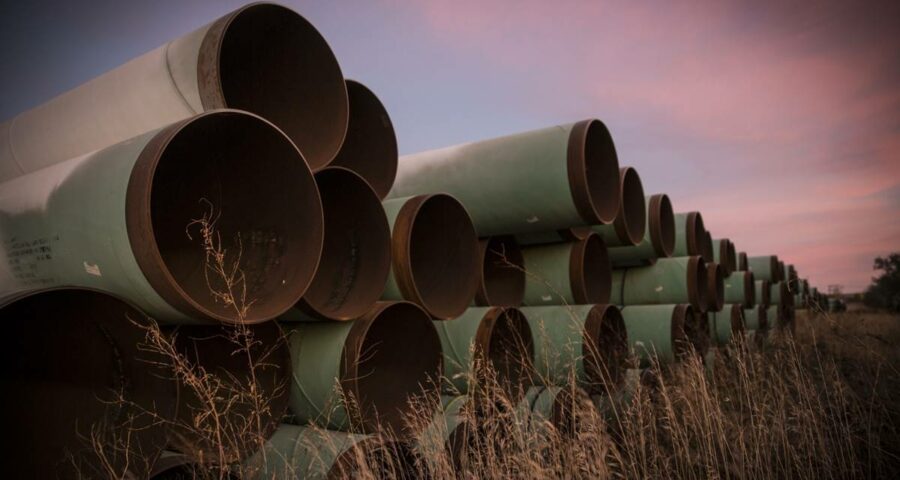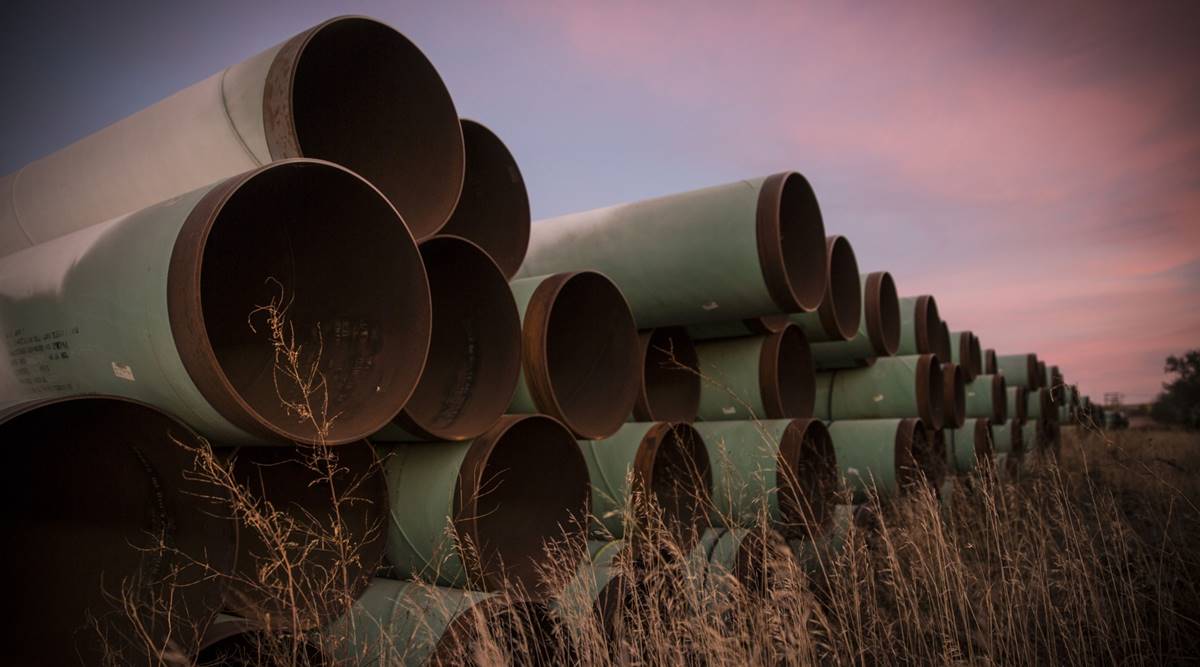President Donald Trump approved the project in 2017 after his predecessor, President Barack Obama, rejected a permit in 2015 after years of angry debate and court challenges.
President-elect Joe Biden may fulfill a pledge to cancel the Keystone XL pipeline permit via executive action on his first day in office, CBC News reported, citing people it didn’t identify.
The words “Rescind Keystone XL pipeline permit” appeared on a transition briefing note for Jan. 20 — Inauguration Day — circulated by Biden’s transition team over the weekend, according to the Canadian report.
Biden’s transition team declined to comment.
Alberta Premier Jason Kenney said in a tweet and a lengthy statement that he was “deeply concerned” about the report that Biden may repeal the permit, although such a move had been widely expected if Biden was elected.
“Doing so would kill jobs on both sides of the border, weaken the critically important Canada-U.S. relationship, and undermine U.S. national security,” Kenney said.
In May, Biden campaign policy adviser Stef Feldman said in a statement that the candidate had strongly opposed the pipeline during the Obama administration “and will proudly stand in the Roosevelt Room again as president and stop it for good by rescinding the Keystone XL pipeline permit.”
The main question was how Biden might do that — whether by yanking the presidential permit authorized by the Trump administration or through a new environmental impact statement examining its effects on climate. Rescinding the permit is the quicker option; it can be done through an executive order right after the president-elect is sworn in.
Kirsten Hillman, Canada’s ambassador to the U.S., said in a statement that “not only has the project itself changed significantly since it was first proposed, but Canada’s oil sands production has also changed significantly.”
The Keystone XL pipeline has been controversial since it was first proposed more than a decade ago. The 1,179-mile (1,897 kilometer) segment is designed to move oil from Alberta through Montana, South Dakota and Nebraska, then connect with an existing network feeding crude to the Gulf Coast. The line would carry as much as 830,000 barrels of oil a day.
Opponents argue it will stimulate oil sands development, contributing to climate change. Canada’s oil industry argues the project is needed to supply heavy crude to U.S. Gulf Coast refineries, who need the oil to replace declining volumes from Latin America.
In her statement, Hillman said that per-barrel oil sands greenhouse gas emissions “have dropped 31% since 2000, and innovation will continue to drive progress.”
President Donald Trump approved the project in 2017 after his predecessor, President Barack Obama, rejected a permit in 2015 after years of angry debate and court challenges.
Source: Read Full Article


